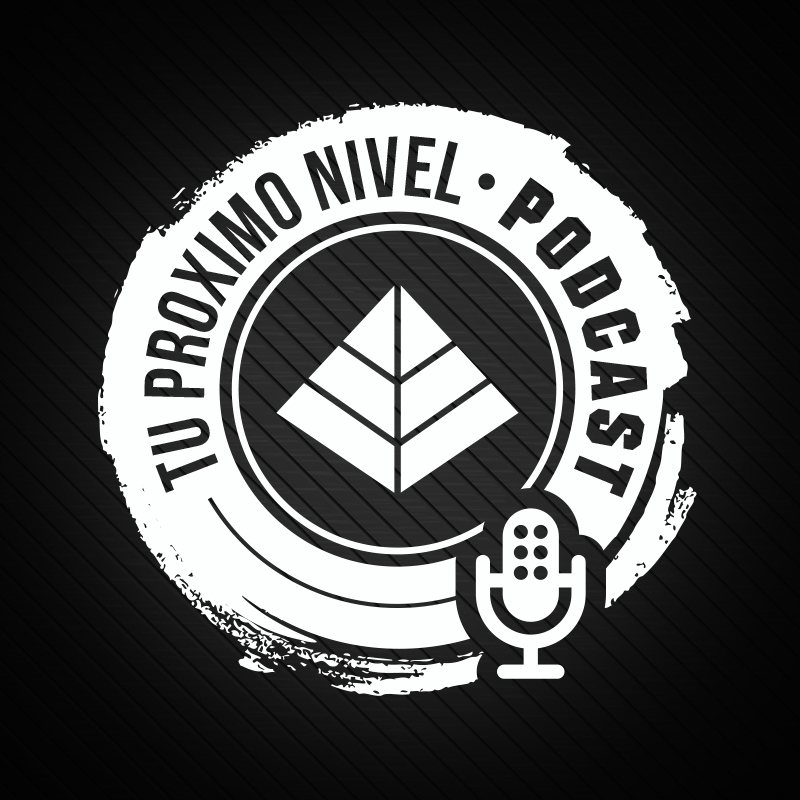
Success in gaming often comes down to strategy, adaptability, and growth—qualities that are just as essential in personal development. Gaming platforms, with their immersive designs and reward systems, offer more than entertainment; they demonstrate how structured challenges and feedback loops can drive motivation and skill-building.
By analyzing how games engage players and encourage progress, individuals can uncover valuable lessons for setting goals, staying focused, and overcoming obstacles in real life. The mechanics behind leveling up and achieving milestones in games can serve as a powerful blueprint for personal success strategies. Similarly, exploring concepts like rituals and routines can help individuals develop structured approaches to achieving their personal goals and maintaining consistency along their journey.
This connection between gaming and self-improvement reveals untapped potential for growth. Understanding the principles that keep players committed can inspire innovative approaches to personal development, making success both engaging and attainable.
The Parallels Between Gaming Platforms And Personal Development
Gaming platforms and personal development share foundational principles like structured challenges, adaptive learning, and goal achievement. Crash Real Money Game perfectly illustrates these parallels by offering players a dynamic experience that rewards skill, strategy, and progression. Just like in personal development, crash real money game presents challenges that adapt to a player’s skill level, motivating them to improve and achieve higher goals. These game mechanics can be applied to real-life self-improvement methods, where setting structured challenges and tracking progress can lead to significant personal growth, mirroring the rewarding structure found in gaming environments.
Gamification Mechanics And Their Role In Success
Gamification mechanics, such as points, leaderboards, and progression systems, play a critical role in fostering success. These systems create structured goals, provide measurable progress, and reward consistent effort. For instance, leveling up in a game mirrors advancing through stages in skill-building or career growth.
Feedback loops are central to gaming and personal development. Immediate feedback in games encourages persistence and identifies areas for improvement. Similarly, personal growth efforts benefit from constant evaluation and incremental rewards for milestones achieved. Research, such as that discussed by the MIT Sloan School of Management, underscores the impact of gamification in motivating individuals to persist in achieving their objectives.
Lessons From Player Motivation And Engagement
Player motivation in gaming emerges from intrinsic drivers like mastery, autonomy, and purpose. These factors also apply to personal development. When individuals pursue meaningful goals, they tend to stay engaged and resilient during challenges.
Adaptive challenges keep players immersed by balancing difficulty. Similarly, setting achievable yet ambitious personal goals sustains engagement and fosters self-efficacy. Game developers harness these strategies to maintain active users, and individuals can apply them in goal setting to achieve personal growth. A report by McKinsey & Company highlights how engagement strategies tailored to individual needs lead to higher success rates in both gaming and self-improvement.
Key Features Of Gaming Platforms That Drive Success
Gaming platforms combine design elements that foster skill acquisition, adaptability, and engagement. These features inspire personal growth by reflecting real-life success strategies.
Progression Systems And Goal Setting
Clear goals and structured progression systems foster discipline and focus. Goal-oriented gaming encourages players to set short and long-term objectives, enhancing their strategic thinking. For example, games like Minecraft allow users to achieve creative and survival-related milestones that align with individual goals. Platforms like League of Legends utilize leveling mechanisms and rank improvements to reward skill development. These systems empower players to measure their progress, equipping them with tools for real-life goal setting (source: Psychology Today).
Feedback Loops And Continuous Improvement
Feedback loops in gaming are designed to enhance continuous learning. Video games provide immediate performance evaluations, helping players identify areas for improvement. For instance, in competitive titles, players analyze gameplay stats to refine strategies and gain insights. This iterative feedback cultivates a growth mindset and hones critical problem-solving skills, which directly contribute to personal development. Studies have shown that frequent feedback improves persistence and decision-making, foundational skills for achieving success (NPR).
Community And Collaboration
Gaming communities act as supportive networks that drive social and personal growth. Prosocial games encourage teamwork through cooperative challenges and community missions, promoting a sense of belonging. Esports environments exemplify collaboration, where players exchange strategies, adapt to evolving tactics, and build connections. Tournaments and online groups provide platforms for networking and mutual learning. This collaborative dynamic strengthens relational and adaptive skills, offering frameworks applicable to real-world scenarios.
Applying Gaming Strategies To Personal Development
Gaming platforms employ strategies that foster engagement, growth, and achievement. These principles align directly with personal development goals, offering methods to enhance focus, motivation, and resilience.
Setting Clear Objectives Inspired By Game Design
Clear goals in gaming ensure player immersion and sustained focus. Personal development benefits from the same principle by emphasizing structured routines and measurable targets. Gamers use systematic practice, dedicating consistent time to improving skills. Similarly, individuals can allocate specific blocks of time for learning and honing abilities. Breaking larger aspirations into short-term and long-term steps ensures progress is trackable and rewarding. For example, using tools like SMART goals or planners can ensure objectives remain clear and achievable. HubSpot provides a detailed guide on goal-setting frameworks that maximize efficiency and impact (source).
The Power Of Rewards And Incentives
Rewards in gaming, like virtual badges or milestones, keep players committed and inspired. These dynamics are powerful in personal development too. Setting a reward system for achieving small successes—such as celebrating milestones while mastering a language or completing fitness goals—ensures sustained motivation. Platforms adopting gamification techniques, like Duolingo, showcase how leveling up and earning incentives enhance efforts. Prosocial rewards, like ones tied to helping within a community or mentoring others, can deepen satisfaction while achieving personal goals. For insights, Asana describes highly effective reward strategies to maintain progress (source).
Overcoming Challenges Through Resilience Building
Gaming facilitates the development of resilience by encouraging players to confront challenges continuously. Approach setbacks as learning opportunities, akin to gameplay tutorials that refine techniques. Reflection and improvement remain central, ensuring progress over time. Immersive role-playing games improve emotional resilience by simulating real-world difficulties, enhancing players’ adaptive abilities. Collaborations in gaming strengthen team dynamics; similarly, cultivating community support is vital in personal development. A strong network provides motivation during obstacles, helping individuals persist toward their aspirations.
Potential Limitations Of Adopting Gaming Strategies
While gaming platforms offer powerful tools for personal development, their implementation comes with challenges. Understanding these potential limitations is necessary to maintain sustainable and effective growth strategies.
Avoiding Over-Gamification In Personal Growth
Over-gamification occurs when game-like elements overshadow core learning or development objectives, reducing their real-world value. Excessive reliance on mechanics like points, badges, or leaderboards can lead individuals to prioritize rewards over skills or knowledge.
Maintaining balance requires integrating gaming elements as enhancements rather than replacements for intrinsic motivation. For instance, gamified tools such as Duolingo use systems that promote habit formation, but their effectiveness diminishes if users focus solely on streaks or rewards. A mindful approach ensures that gaming enhances real-world application, keeping personal growth as the primary focus. Research also suggests that incorporating a combination of extrinsic and intrinsic motivation factors can help avoid over-gamification pitfalls[1].
Balancing Fun With Productivity

Balancing enjoyment with productivity is critical for long-term engagement. Solely focusing on fun diminishes the effort dedicated to meaningful progress, while over-emphasizing productivity risks burnout. Structured routines allow individuals to align entertainment with growth-centric activities.
For example, educational platforms like Codecademy mix interactive challenges with skill-building exercises, blending engaging experiences with practical outputs. Incorporating self-reflection methods, like post-session evaluations, ensures that fun remains a tool for productivity without losing focus. Studies from the University of Rochester highlight that the balance between enjoyment and achievement fosters sustained motivation, especially in skill development[2].
[1] https://www.frontiersin.org/articles/10.3389/fpsyg.2020.01542/full
Conclusion
Gaming platforms offer a wealth of insights into personal development, blending engagement with structured growth strategies. By adopting elements like goal-setting, feedback loops, and intrinsic motivators, individuals can create a dynamic and rewarding approach to self-improvement.
However, balance is key. While gamification can inspire progress, it’s essential to maintain focus on genuine growth rather than external rewards. When thoughtfully applied, gaming principles can transform challenges into opportunities, fostering resilience and sustained motivation.
By integrating these strategies mindfully, anyone can design a personal development journey that’s both effective and fulfilling.





